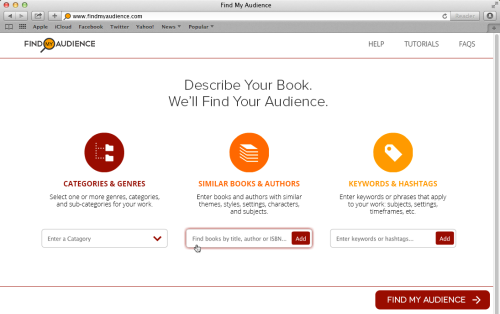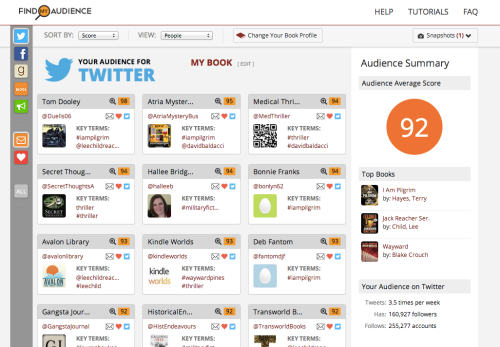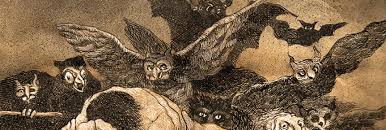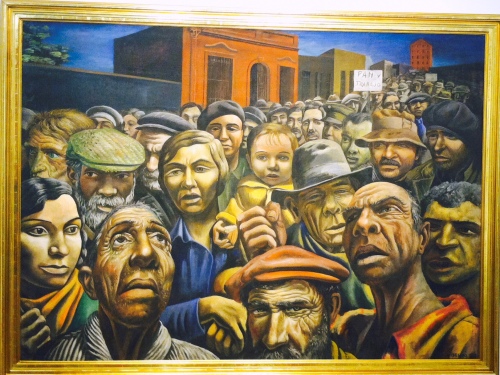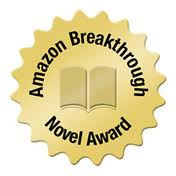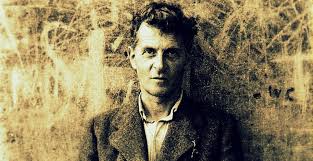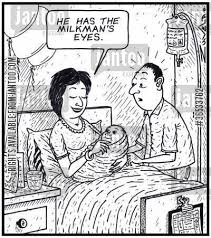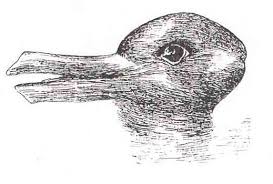We’re new to the publishing industry and so we have been, for the last year or more, eagerly devouring articles from industry notables in an attempt to “school” ourselves in the language and practice of publishing. We have, in particular, learned quite a bit from Peter McCarthy and Mike Shatzkin, founders of Logical Marketing. Their posts have not only enlightened us but have reassured us that we are heading down the right road in the development of our Audience Management Platform for Writers.
A recent presentation by McCarthy entitled The Big Ideas in Big (or Small) Marketing Data reinforced for us the critical role that “similarities” play in book marketing. The sweet spot, as McCarthy notes, is to use similarities to find the audience that is “unaware [of my book] and just might [buy)” it. These adjacent or “look-alike” audiences are comprised of people who are similar to our own followers or to a specific profile. They share the same demographic characteristics, use the same hashtags, etc. They may, in fact, like the same books.
We have trod down the same path as McCarthy in searching for those look-alike audiences – though we may use different terms and perhaps have received different inspiration for doing so. We are inspired by the philosopher Wittgenstein’s meditations on how “language” means (through “family resemblances”) and also from the linguist de Saussure, who posited that language was comprised of similarities and differences between words or signs.
This is not a leap, of course, for most writers – or readers. Amazon, Netflix and other companies have fashioned their recommendation engines so that we are constantly reading or viewing or listening to “similar” things (fortunately we can be a fan of many genres!). And many social media users are experts at finding similar hashtags through the use of www.hashtagify.me and other tools.
So we have been, instinctively, using similarities (or analogies) all along in our search for an audience (and for meaning in general). And this makes sense – as Douglas Hofstadter writes in Surfaces and Essences, “analogy is the fuel and fire of thinking.” It also drives what we are doing at Find My Audience. We are trying to automate that process, however. Take, for example, the screen presented below.
This is our Profile Screen. Here we ask writers to tell us what genre(s) their book fits into, similar books, and keywords or phrases that might describe their book. Later on, the writer will be able to provide a fuller profile, but for now, these inputs are sufficient. We use those inputs to search the social web not only for matches but for similarities to the inputs the writer entered. Below is a sample screen return from our search of Twitter.
Note that our application returns users who have been “ranked” as being potentially predisposed based on the language they are using. We then enable you to communicate directly with that user. By narrowing down the audience, we save the writer time and we provide a direct-to-consumer marketing vehicle.
There are a lot of neat feat features in our Audience Management Application and in the weeks to come we will start to share them with you. In the meantime, should you want to be on our beta list of users, send us an e-mail at mark@findmyaudience.com.


